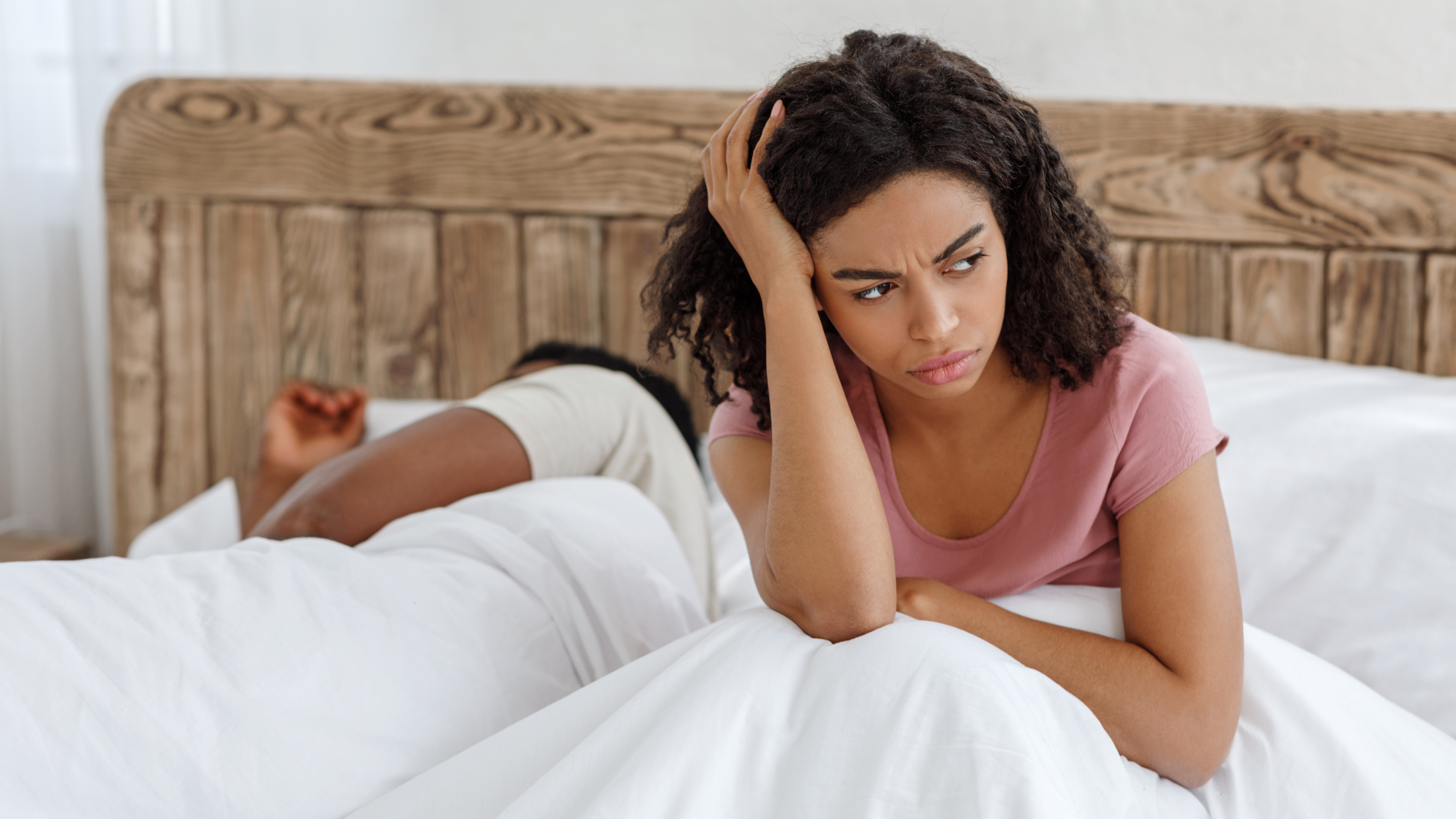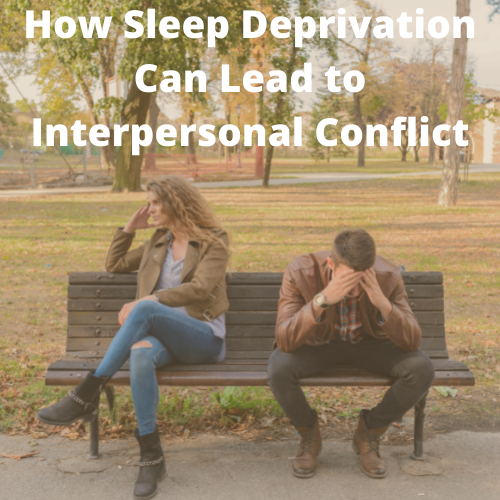When people think about sleep problems, they often picture mattresses, melatonin, or blue-light exposure. But for many adults, the biggest sleep disruptor isn’t a device—it’s relationship stress.
If you share a bed (or even a home) with a partner, your nervous systems are deeply intertwined. Tension, unresolved conflict, and emotional distance don’t turn off at bedtime. Couples therapy, while rarely thought of as a sleep intervention, can meaningfully improve sleep by addressing the emotional and physiological barriers that keep couples awake at night.







